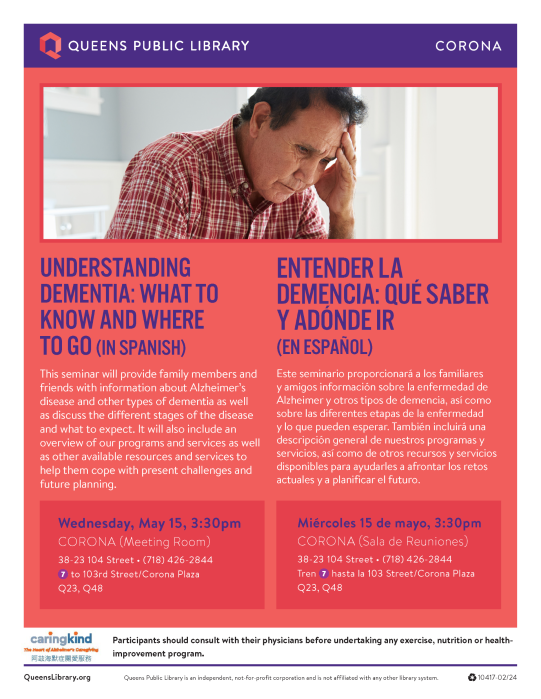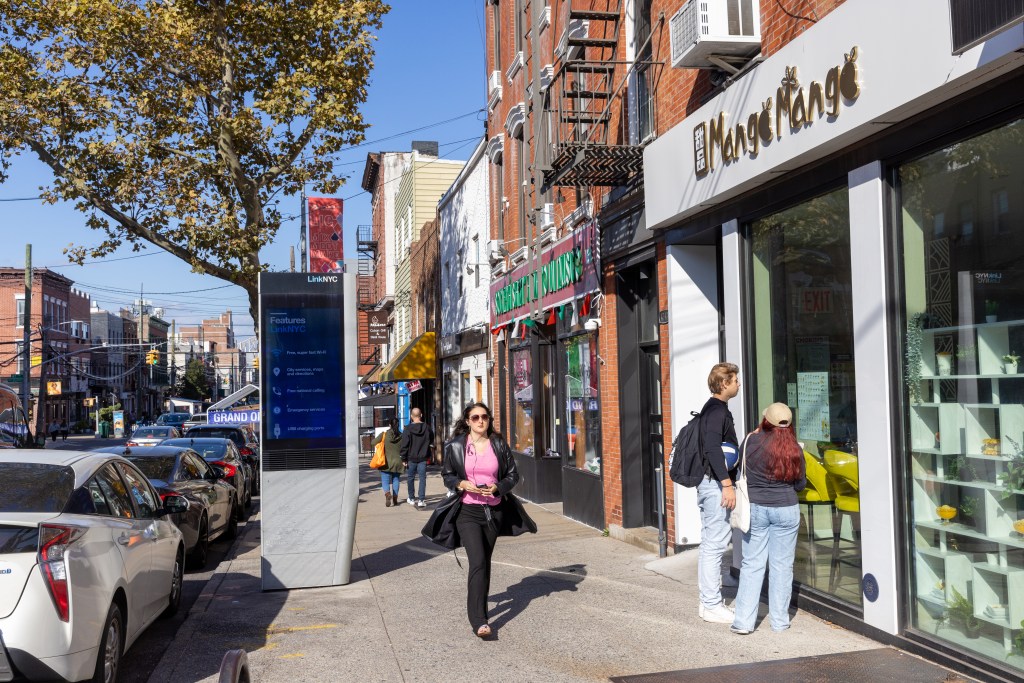By Bob Harris
Parents of special needs children have to be aware of the needs of their child. They must press school officials aggressively to have these needs addressed. Since special education costs are very high, due to the specialized services each student needs, our school system tries to cut costs. Often programs are only given enough money for some children but not for all.
When a parent requests his/her child be evaluated, each evaluation must be discussed with the parent. No determination is to be accepted without the parent’s consent. Each section of the evaluation must be explained to the parents. After this, an Individual Educational Plan is prepared for the child.
Some students may have to be in a special class of six or eight which means there are six or eight students with a teacher and at least one paraprofessional. Sometimes the DOE puts one or two or three special needs students in a regular class with one teacher and perhaps one aide or perhaps no aide. Still other children are placed in classes with general education students. Above all, the child is placed in the least restrictive environment as per the law.
A parent must make sure his/her child gets the appropriate services. It is often wise to bring an advocate to the final meeting. Since these services are very expensive, the school system would like to save as much money as possible. Regretfully, sometimes the federal or state governments don’t provide enough money for educational needs.
How many parents of special needs children know that there are programs for their children after school? When the Department of Education opened after-school programs for working parents last fall, special needs children were not included. When a program was found for one child, the supervisor explained that this was only for special needs children on a Medicaid Waiver. When asked if there was a fee, the child’s parent was told that only those children on Medicaid Waivers were enrolled.
So began almost a one-year quest for the waiver. This began in October 2014. With the help of Congresswoman Grace Meng’s office, a proper birth certificate was obtained. Councilman Mark Weprin’s Office and Assemblyman David Weprin’s Office helped. The family was then called by Amanda Schneider from the office of New York Families for Autistic Children, who found the application in a computer. It was now 2015. There were many trips to Howard Beach, where the provider was located.
By June 2015 the Medicaid Waiver was complete. The child was now eligible for the after-school program in a facility in Eastern Queens. However, when the parent went to register the child, she was told that there were no more waiver spots available because the state removed the funds. The family would have to pay for the after-school program out of pocket.
It is now September 2015 and the family is where it was last October except there is a spot in an after-school program for the second-grader. This is not the way families with special needs children should be treated.
GOOD AND BAD NEWS OF THE WEEK: Our criminal justice system operates jails to incarcerate those who have committed a crime and are dangerous to society. This is good, but people are realizing that too many people are in jail when they should not be there. It seems that 95 percent of the people in the federal prison system have committed non-violent crimes. This costs us about $70 billion a year. It is estimated that 80 percent to 90 percent of inner-city crime is related to drugs. What are the results of the war on drugs? How much more good would the money we spend on this effort help people if we spent it on education? Why have communities privatized prisons? Who is making this money?





























